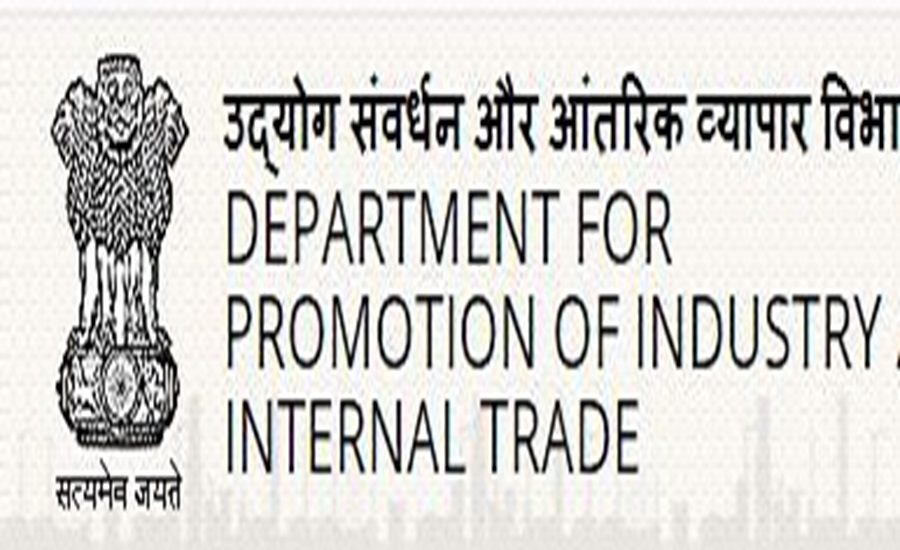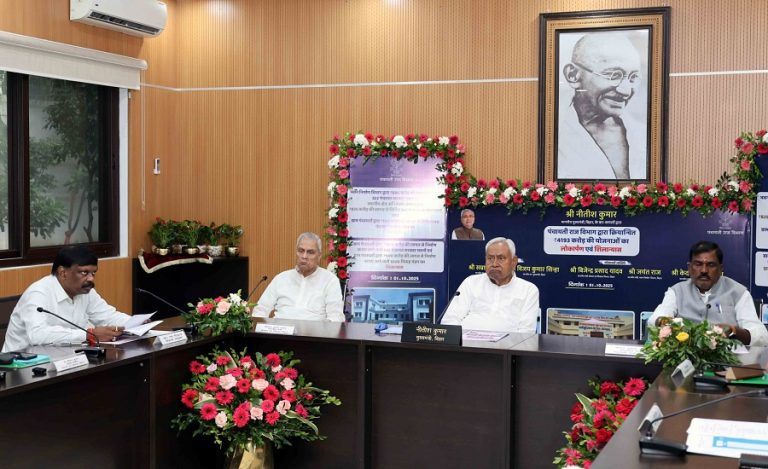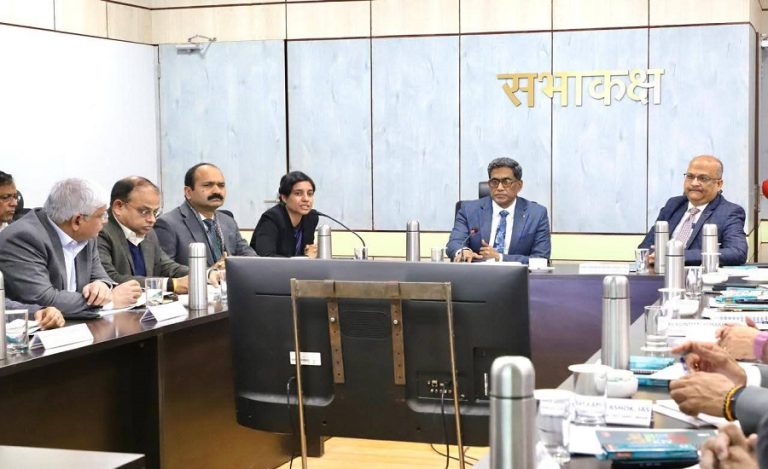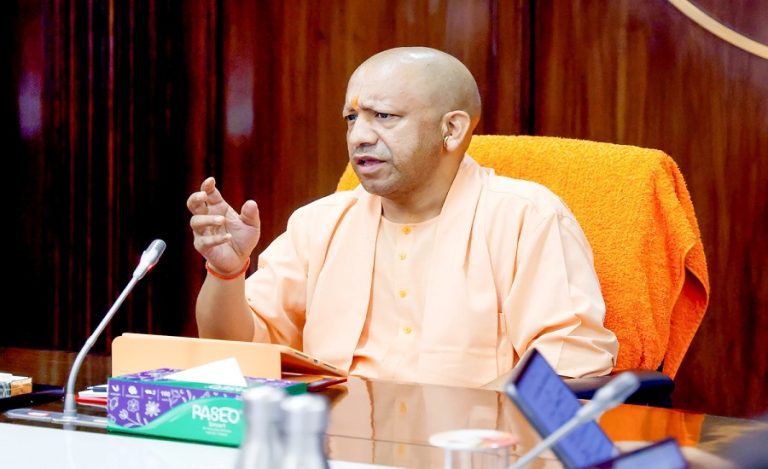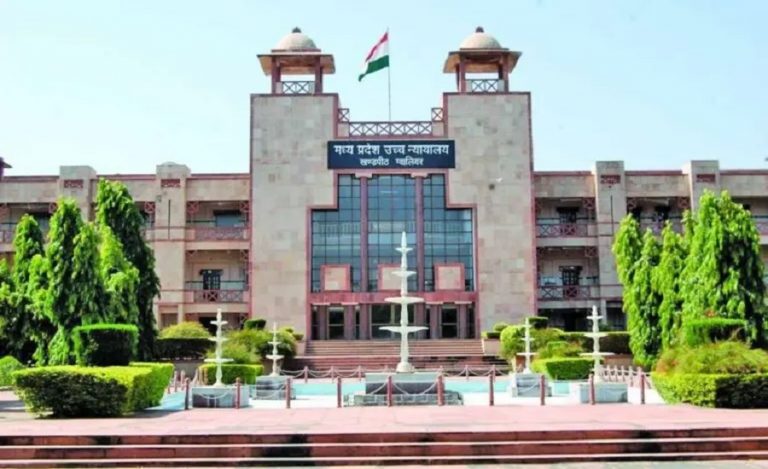In a significant step towards bolstering the industrial and innovation ecosystem in Maharashtra, a 20,000 sq. ft. Skill Development Centre is set to be established at the Aurangabad Industrial City (AURIC) in collaboration with the Confederation of Indian Industry (CII). The announcement was made by Amardeep Singh Bhatia, Secretary, Department for Promotion of Industry and Internal Trade (DPIIT), during his visit to Chhatrapati Sambhaji Nagar on July 12 to assess regional industrial infrastructure and startup development. A formal Memorandum of Understanding (MoU) is expected to be signed next week.
During the visit, Secretary Bhatia underscored the importance of attracting Global Capability Centre (GCC) investments and promoting Research & Development (R&D) centres at AURIC to position the region as a hub for advanced manufacturing and innovation. He emphasized the role of skill development in enabling industry-ready human capital.
A stakeholder interaction session held at AURIC Hall witnessed active participation from leading industry bodies including CII, FICCI, ASSOCHAM, MASSIA, and CMIA. During the meeting, stakeholders presented a comprehensive set of recommendations aimed at enhancing regional competitiveness. Key suggestions included:
- Improving connectivity across the Aurangabad–Hyderabad–Chennai corridor
- Establishing an MRO facility and a Vande Bharat terminal
- Boosting logistics infrastructure in Bidkin
- Introducing local train services between Jalna and Waluj
- Expanding affordable housing under MHADA and integrating PMAY 2.0 with state housing policies
- Creating a dedicated chemical zone
- Increasing MSME land reservation from 10% to 40%
- Reserving 10% land for startups
- Strengthening soft infrastructure and training initiatives at AURIC
Dr. P. Anbalagan, Secretary, Industries Department, Government of Maharashtra, presented the state’s strategic vision through flagship initiatives such as the Maharashtra Industrial Township Limited (MITL) and the Multi-Modal Logistics Park (MMLP).
The Secretary’s visit commenced at the Marathwada Accelerator for Growth and Incubation Council (MAGIC), where he interacted with local startups, entrepreneurs, and incubators. He commended their innovation and assured them of continued government support through flagship initiatives like Startup India, Fund of Funds, and targeted incentives to promote entrepreneurship in Tier-2 and Tier-3 cities.
Later, the Secretary visited key infrastructure sites at Bidkin Industrial Area, including JSW Green-Tech Ltd., Toyota Kirloskar facility, and the Water Treatment Plant. At the Shendra Industrial Area, he toured facilities of NLMK India, Hyosung T&D Pvt. Ltd., and Coatall Films Pvt. Ltd., acknowledging their contributions to high-value manufacturing and employment generation—aligning with the vision of Viksit Bharat@2047.
The tour also included an inspection of AURIC’s critical infrastructure such as the Integrated Command and Control Centre (ICCC), state-of-the-art AURIC Hall, and the 3D city model of Shendra.
Secretary Bhatia reiterated the Centre’s commitment to deepening government-industry collaboration to position Maharashtra as a global manufacturing and innovation powerhouse. The interactions underscored the unified resolve of both government and industry stakeholders to catalyze sustainable and inclusive industrial growth in the region.
Read Also: DPIIT and Hafele India Join Hands to Support MSMEs and Startups
About AURIC:
Aurangabad Industrial City (AURIC), comprising Shendra and Bidkin Industrial Areas, is being developed over 10,000 acres as a next-generation industrial township under the Delhi–Mumbai Industrial Corridor (DMIC) initiative. The smart city model allocates 60% land to industrial development and 40% to commercial, residential, institutional, and social infrastructure. Advanced features include underground utility distribution, SCADA systems, CCTV surveillance, air quality monitoring, and an e-Land Management system for transparent land allocation. With cost-effective power supply under its own distribution license and 42% water needs met via treated wastewater, AURIC offers a sustainable and investor-friendly environment for industrial growth.

